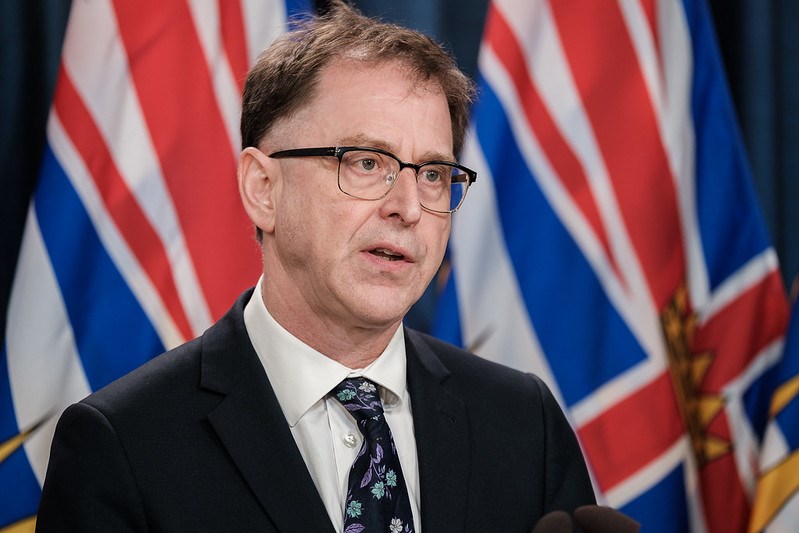British Columbians are suffering because our health-care system is in freefall.
Things are so bad that the government is bussing our ill across the border to Bellingham to get the medical treatments they need.
Pouring more taxpayers’ money into a broken system hasn’t made the system any better.
Premier David Eby must start allowing British Coluimbian doctors to treat British Columbian patients, so let’s take a look at how other jurisdictions deal with an overloaded health-care system.
Doctors in British Columbia, like , are willing to help pick up the province’s slack, but they are blocked at every step of the way. In the rest of the developed world, doctors are able to be job creators and help take pressure off of overstretched government hospitals. That model already exists in most other developed countries and it’s a no brainer to bring it home to B.C. as well.
More taxpayer money isn’t the solution to B.C.’s health-care crisis. The province has already dramatically increased health spending. At the end of fiscal year 2017-18, the province had spent around $19 billion. By the end of this fiscal year, that is projected to grow to just under $29 billion
Fast forward to 2026 and government forecasts suggest we’ll be spending almost $31 billion per year on our health-care system.
What do we have to show for that massive infusion of taxpayer cash?
Right now, about British Columbians don’t have access to a family doctor. In B.C., 90 per cent of were resolved within 47.7 hours of the patient arriving at the hospital in 2021-22. That’s up from 32.8 hours the previous year. In Ontario, 90 per cent of visits are resolved within 32.5 hours. In Alberta, that number drops down to 27 hours.
Prairie provinces have begun allowing for private clinics to perform hip and knee replacement surgeries. In , some operations are already publicly funded but privately delivered. That change has led to massive expansion of surgeries being performed in that province and reduced surgical backlog within the public hospitals. Saskatchewan says that allowing private clinics to perform surgeries has allowed them to perform in 2022-23 than the “previous highest-ever level” of surgeries. has adopted a similar model.
Just like B.C. is an outlier among the other provinces, Canada is an outlier on the global stage.
In a recent study of health care outcomes among 11 highly developed nations conducted by the , Canada came in at number 10 with only the United States scoring lower.
Canada and the United States are two sides of the same extreme coin when it comes to health-care funding. Canada has a state monopoly on health care, while the U.S. mostly relies on the private sector.
What do all the industrialized countries that do better than both of us in health care have in common?
They all offer choices.
No , or , or , or patient has to declare bankruptcy to pay for emergency medical care. All those countries have universal health-care coverage, but they also have a range of private options.
Canada also faces significantly than our developed peers.
That’s because higher income 91原创s often resort to rather than languishing on impossibly long wait lists. Poorer 91原创s who don’t have that option just get sicker or join the 13,581 91原创s who last year.
When every last one of our developed peers offers at least some options in health care, it doesn’t make sense for Canada to be the last country clinging to a state monopoly from the last century.
The Eby government needs to get serious about finding solutions to our province’s health-care crisis. B.C. Government needs to look at some other 91原创 provinces and our international peers for solutions.
We can do better than bussing our patients to Bellingham.
Carson Binda is the British Columbia director of the 91原创 Taxpayers Federation.

